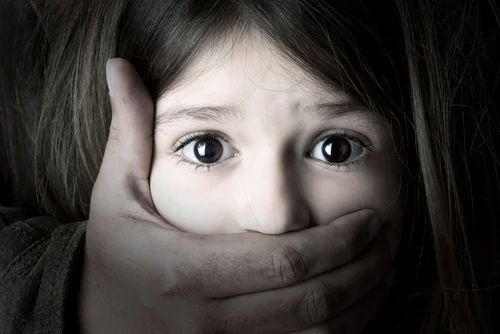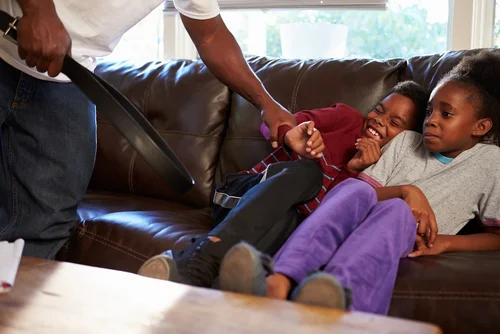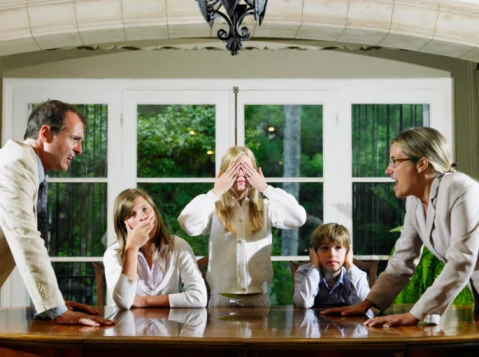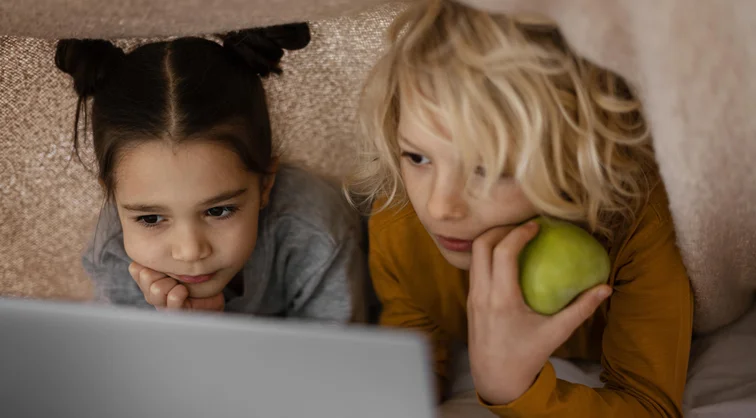+1 845 259 2974 (11 a.m to 7 p.m CST)
Are Tiger parents doing more harm than good to their kids?
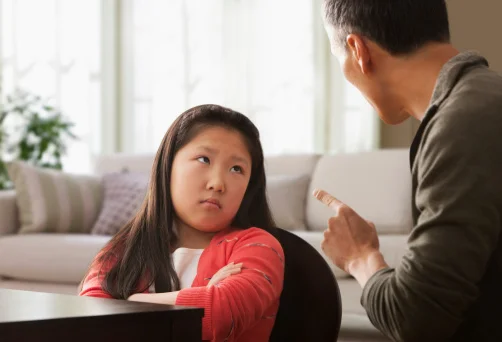
Since 2011, when Amy Chou’s book ‘Battle Hymn of the Tiger Mother’ came into the market, it has been under fire by critics and progressive parents. There have been heated debates throughout the nation about what is a tiger mom and Chou’s endorsement of the idea. People all over the country are criticising Chinese American immigrant parents for their iron-fist-child-rearing strategy. Critics suggest this technique may be too tough on the kids leading them towards anxiety, depression and aggression. New research conducted by experts of University of California, Berkeley suggests, the critics may be right.
A research team from the University of California, Berkeley, followed 2250 Chinese American families for two years in an attempt to better understand their parenting techniques and their effects on the kids. These ‘tiger parents’ were found to be rearing their kids using a tiger parenting style. Kids who grow up in such an environment are likely to develop a more aggressive behavior and play host to depression and anxiety later on in life.
Qing Zhou, an important member of this research team and the head of Culture and Family Laboratory at the UC-Berkeley said the findings were derived from a set of interviews, parent-child interaction activities and academic and cognitive assessment of the children. The team measured the frequency of parents using authoritarian-type disciplinary strategies, like verbally criticizing the child and demanding the child do things without explanation.
What is it that ‘tiger parents’ are doing wrong?
Kim Wong Keltner, a Chinese American writer from San Francisco, is not at all surprised by the findings of the research. Most Asian parents, she says, are very demanding and confine their kids in an emotional jail that affects him or her later on in life. Keltner herself was reared by two very authoritative ‘tiger parents’.
Tiger babies or not?
Keltner’s memoir ‘Tiger Babies Strike Back’ is a rebuttal to Chua’s book. She discards this parenting technique that pigeonholes kids so that they become robots whose natural instinct becomes obeying their parents. Chinese American kids are conditioned by their parents such that they feel compelled to achieve academic excellence and maintain a low profile that they are uncomfortable with and even feel guilty about exploring their individuality or their creative side. Be it starting a garage band or smoking cigarettes with the bad kids, kids brought up this way reframing from doing things that will potentially displease their parents. This has a toll on their social skills and by the time they step into the real world, they have poor social skills.
By the time tiger babies get into college, they don’t know how to be around actual people. They are super intelligent in the head but they lack the social skills necessary to survive in the world.
Tiger babies do have some advantages
Ingrained determination is where tiger babies stand higher than other kids. They are taught not to take no for an answer and go for what they want by their parents. This type of determination is commendable but it is not worth the emotional cost.
Zhou in her memoir further noted when tiger moms adopted the ‘Western’ parenting techniques, their kids warmed to them. They became less detached towards their parents.
The best way to bring up kids
Kids who have been reared by parents who used overly relaxed disciplinary tactics tended to have behavioral problems. Parenting at both extremes predicts emotional damage to the child in the future. It is crucial to maintain a balance between the two parenting tactics in order to actually deserve being called a tiger parent.

